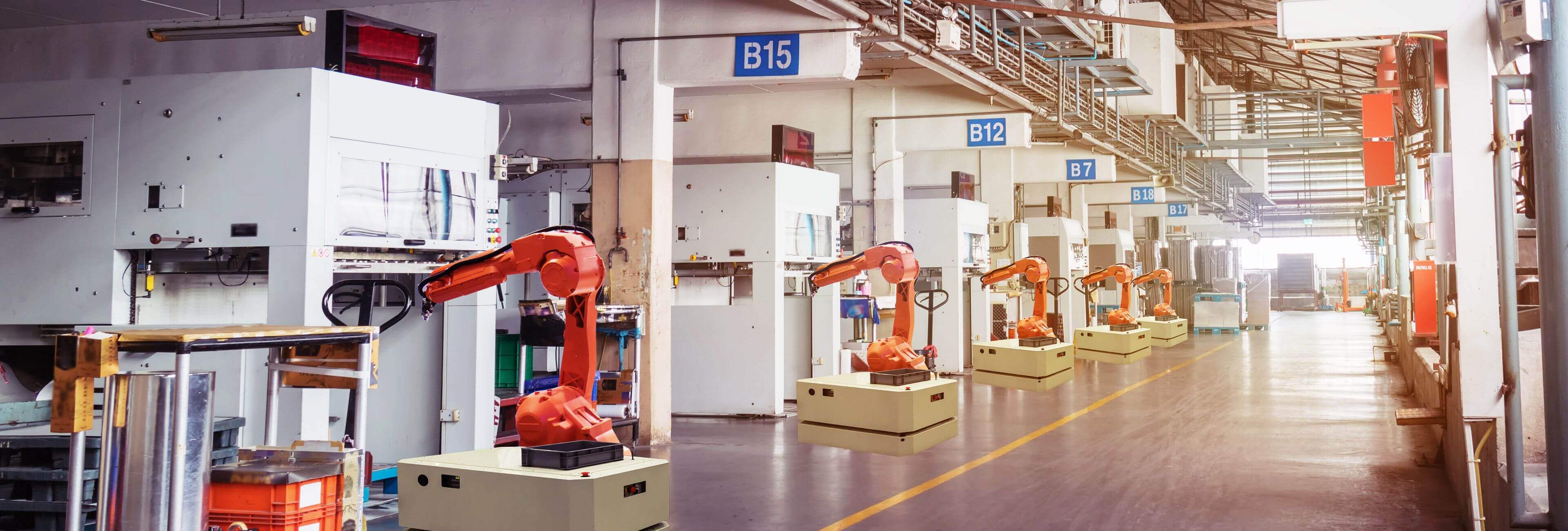A new normal for manufacturers
The US-based National Association of Manufacturers conducted a survey in March 2020 to assess how manufacturers are adapting to the COVID-19 outbreak. Even at that early stage, 78% of manufacturers anticipated a financial impact, with 53% of manufacturers anticipating a change in operations.
Manufacturers are facing a wide range of issues. There are the obvious financial implications of a recession, and the uncertainty around liquidity and payments. Also challenging is the impact of the epidemic on logistics and the supply chains that support manufacturing, while a changing tax and regulatory environment is another headache. Known changes aside, one of the biggest issues of the day is the lack of information – it is difficult to make good decisions in the current economic and logistics environment. Some of the critical issues manufacturers must address include:
- Operational agility. With little insight into the changing environment, manufacturers must be able to respond to changing circumstances as quickly as possible. Agile operations ensure that manufacturers do not run large losses when demand suddenly slumps or if a supply chain hiccup occurs. Similarly, agile operations can quickly respond to new market opportunities.
- Adapting supply chains. Over time, supply chains have become far longer and more complex which provides a far larger surface area that is vulnerable to disruption. Companies that rely on a single source for a key component are particularly vulnerable to sudden border closure and local lockdown rules.
- Labour and oversight. Factories must be able to cope with sudden reductions in the labour force while physical distancing will likely reduce the number of on-site workers for a period of time. At the same time, manufacturers must find a way to offer effective oversight with reduced staff, while doing so remotely where possible.
Some of the above challenges are short-term, but many challenges will remain over the medium term. According to the World Economic Forum, global supply chains will see permanent changes that persist long after this year’s rapid changes. So, adjusting to current challenges require both a long-term strategy and rapid adjustments to changes in immediate circumstances.

Why digital factories are key to adapting
Digital factories, alongside Industry 4.0, has been a visible topic for some time. A 2020 PwC survey found that 91% of industrial companies are investing in digital factories. However, at the same time, only 9% of respondents in that survey felt that factories are fully digitised. There’s enormous room for improvement and current circumstances should provide a strong prompt.
Better decision making
We’ve hinted at the decision-making difficulties companies face today. Uncertain circumstances will have that effect, and manufacturers desperately need smart routes to intelligent decisions. Smart manufacturing based on predictive analytics and machine learning can help.
Intelligent algorithms assist manufacturers in making better operational decisions. Smart operations connect the dots across the entire organisation and offers improved analytical capabilities. It is key to help human decision-makers that may feel overwhelmed by current circumstances while smarter operations also mitigate problems with oversight – or indeed, lack thereof.
Innovating above the noise
Challenging circumstances always produce opportunities. But only the most innovative of manufacturers will detect and exploit the opportunities that are created in a crisis. Here, too, smart manufacturing plays a key role. On the one hand, smart manufacturing insights can rapidly produce higher quality products and do so efficiently. But intelligent manufacturing operations stretch beyond just the physical. Companies that operate smart processes will feed external data, including customer needs, right into the manufacturing process – driving new and re-imagined products.
Indeed, smarter manufacturing boosts the overall agility of a manufacturer – not only to respond to changes in the needs of customers but also to innovate in ways that sidestep disruptions and that helps a manufacturer adapt to changing circumstances.
Efficient maintenance and less waste
A common quality to all crisis is cost pressure. Factories that rely on staid, manual processes may survive just fine during normal times only to find that a crisis destabilises the cost, profit picture. Again, smarter ways of manufacturing can help alleviate the pressure.
For example, smart manufacturers use predictive maintenance driven by connected, IoT devices to fix and repair equipment before it leads to downtime or issues with product quality. Likewise, smarter operations simply waste less – reducing the cost of input and waste disposal.
Adapt to the new normal with smarter manufacturing
It’s clear that digital factories can help struggling firms to adapt to changes in circumstances, including supply chains that are more choppy than they used to be. However, manufacturers are not necessarily technology leaders, making it difficult to rapidly adopt smart manufacturing principles.
ELEKS can help. We have deep experience across Industry 4.0 and smart manufacturing operations. We can allocate a smart team of software experts to examine your existing operations and outline how smart manufacturing can help your operations through the crisis – and beyond. Together, we can ensure that your operations tap maximum potential from today’s cutting-edge technology.
Contact us to book your consultation.

Related Insights

















